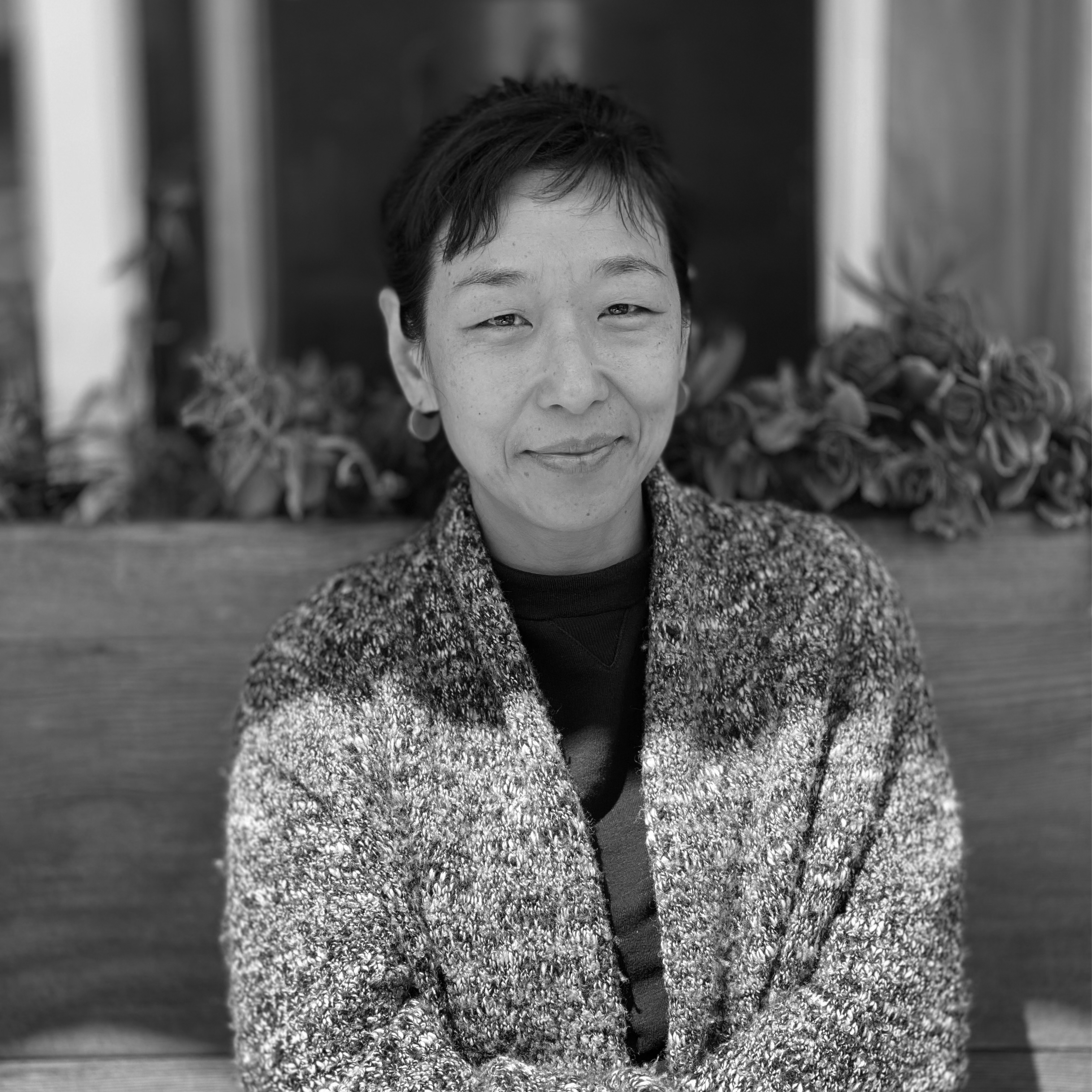After
I never feel so alive as when I am
writing and have no right
answer for what this means
for the lives of others, how
to live in the after which after
all means the now of our living
together when together
means death for all
those forbidden from
entering the home so
methodically built until after
they are dead. Only
after will locked doors
swing amply open to
admit the murdered
into rooms of vast
crushed comfort, whose
inhabitants eat and sleep
on furnishings carved
with corpses, stepping
with hospitable sorrow
around the bodies of the
dead, speaking dirges
into the phantom
darkness. What happens
in the quiet grave where
the living make themselves
at home, where noisily
they intend to thrive, where
the poem itself concedes
to suffering so it might persist
in blazing against it.
Copyright © 2025 by Youna Kwak. Originally published in Poem-a-Day on February 5, 2025, by the Academy of American Poets.
“As I write, the United States, my country of citizenship, remains committed to abetting the murder of untold thousands upon thousands of Palestinians. Language is one of many tools used to enact this brutality. Under the shadow of this truth, it is difficult to know how to write. To write as a complicit subject is to risk the failure of the poem to address the conditions of its making. But to elevate the failure of the poem as an impossible risk, too great to take, seems the worse alternative. This poem came out of that thinking.”
—Youna Kwak

